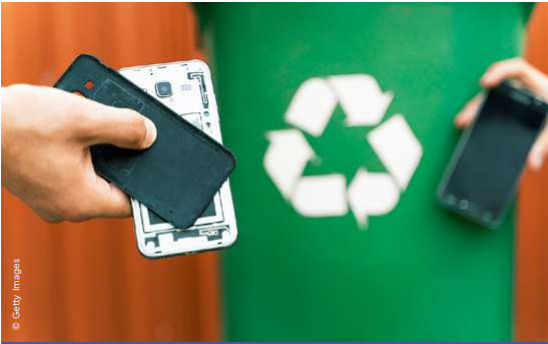
The project focused primarily on batteries, electronics, and textiles—industries with high recycling potential and significant environmental footprints. The proposed information system consists of a globally distributed database, though its large-scale deployment faces technical challenges, particularly in industries with limited digital maturity:
As a critical piece of digital infrastructure for European industry, the passport unlocks new opportunities in data management and modeling, interoperability across data spaces, industrial digital twins, environmental impact assessment for products and services, and trusted distributed systems.
To support passport deployment across four targeted sectors, CEA-List is now leading the CIRPASS-2 project (2024–2027), which includes a comprehensive evaluation of the system’s environmental impact at every stage.
for plastics
for aluminum
for steel
CIRPASS and CIRPASS-2 are at the crossroads of technological innovation and environmental considerations.
CIRPASS is one of the most important projects for meeting EU objectives around product sustainability, the circular economy, supply chain traceability, and the domestic market.